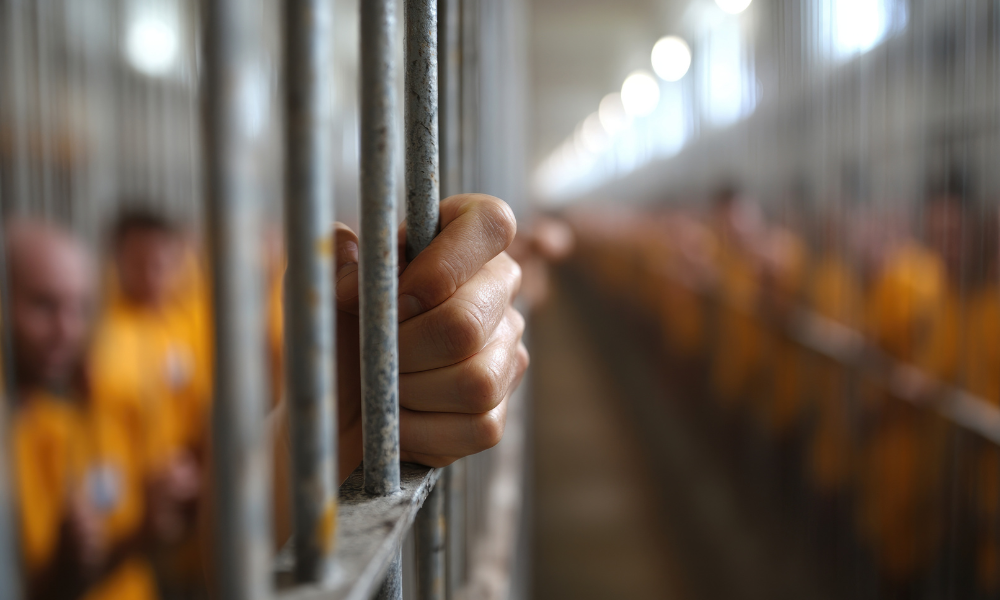
A decision not to testify was informed, and no miscarriage of justice occurred: court

The Supreme Court dismissed an application for leave to appeal from a man convicted of historic sexual offences against a child, finding that his decision not to testify at trial was informed, his trial counsel’s advice was sufficient, and no miscarriage of justice had occurred.
The applicant was convicted after a jury trial for offences that allegedly occurred over two periods. The first incident took place when the complainant was between five and six years old, and the applicant was between 15 and 17. This led to a charge of sexual violation by unlawful sexual connection. The second period spanned from July to December 2005, during which multiple incidents resulted in four additional charges of sexual violation and one charge of sexual conduct with a child under 12.
At trial in 2022, the Crown presented testimony from the complainant and other witnesses. One witness provided recent complaint evidence, while another described witnessing the applicant on top of the complainant during an incident and taking her into the bushes in another. The applicant’s defence focused on claims that the allegations were fabricated, which were pursued through cross-examination.
Following his conviction, the applicant was sentenced to four and a half years in prison.
The applicant argued that his decision not to testify was uninformed and that the Court of Appeal erred in dismissing his claim. He asserted that his trial counsel did not adequately discuss the benefits of testifying, failed to consider potentially favourable police interview evidence, and did not properly advise him at the end of the Crown’s case. He further argued that his case was inconsistent with recent Court of Appeal decisions and raised concerns of a miscarriage of justice.
The proposed appeal focused on whether the Court of Appeal correctly applied established legal principles regarding an accused’s right to make an informed decision on testifying. However, the Supreme Court found that the differing outcomes in other cases cited by the applicant were due to factual differences, and no question of general or public importance arose.
The Court of Appeal had previously considered evidence from the applicant and his trial counsel. While it criticised the trial counsel’s record-keeping, it concluded that the applicant understood what his testimony would have entailed. The court acknowledged that counsel focused more on the risks of testifying than the potential benefits but found the advice sufficient.
The applicant had contended that he never encountered the complainant at the event where the first offence allegedly occurred. However, he declined to ask his father—who was present at the event—for corroboration, leaving no supporting evidence for this claim. He also argued that a past shoulder injury would have prevented him from committing the later offences, but the court found that medical records did not strongly support this argument.
Another key issue was the applicant’s police video interview, in which he responded to allegations with frequent statements that he did not remember. His lawyer advised him that if he testified, the Crown could highlight discrepancies between his limited memory in the interview and any denials he made in court, potentially undermining his credibility. The Court of Appeal agreed with this assessment and found that the applicant’s decision not to testify was based on sound legal strategy.
Ultimately, the Court of Appeal determined that the applicant’s election not to give evidence was informed and based on reasonable trial tactics. The Supreme Court concluded that no miscarriage of justice had occurred and ruled that there was no basis to grant leave to appeal.
The Supreme Court dismissed the application for leave to appeal, affirming that the applicant’s decision not to testify was informed and that the Court of Appeal had properly assessed the evidence.